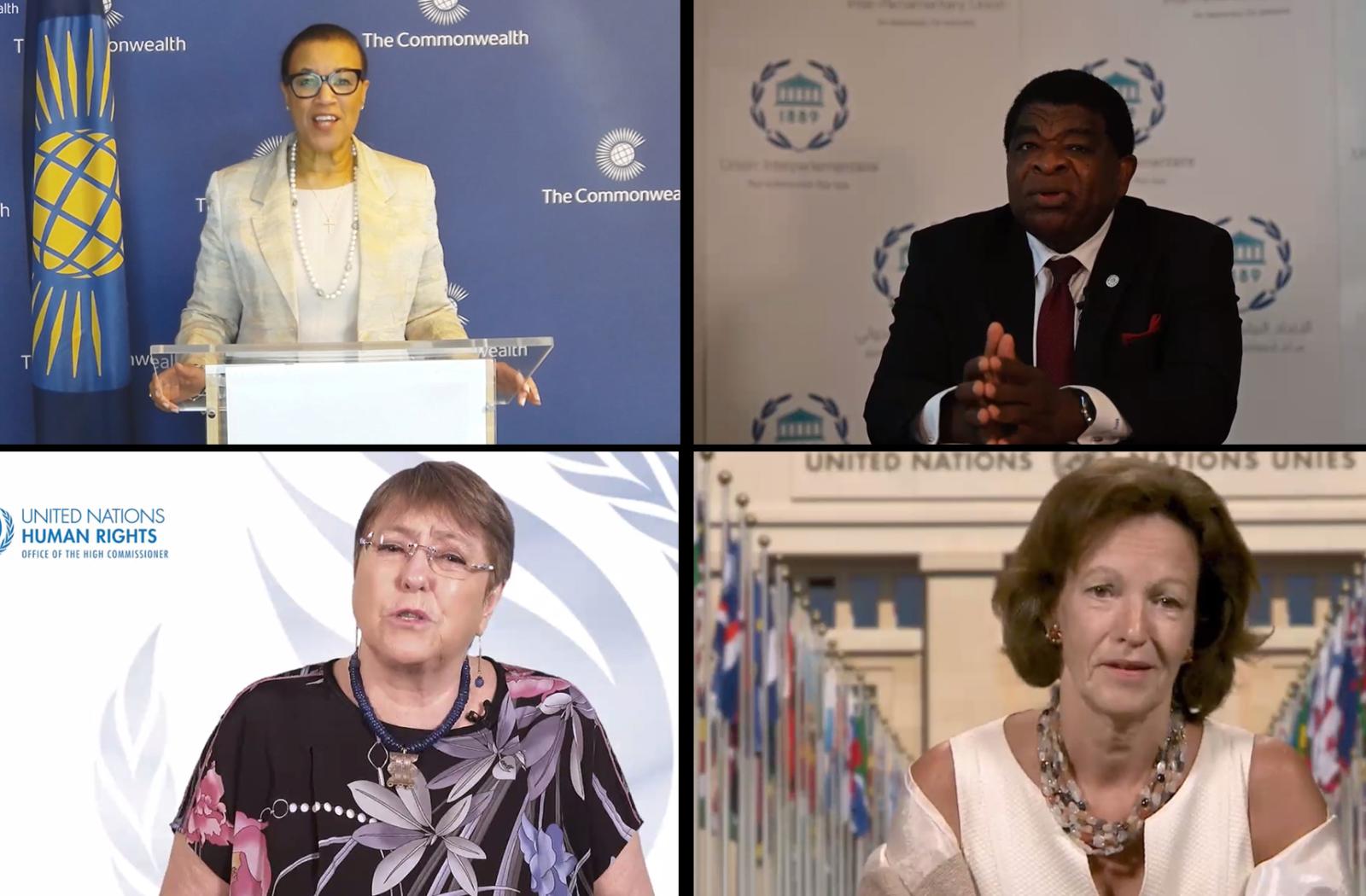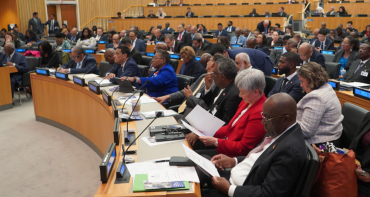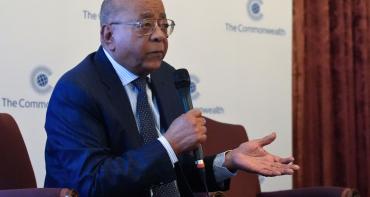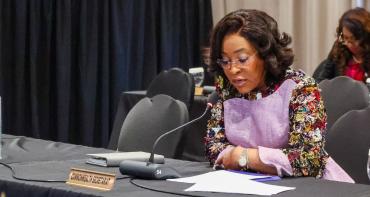Members of parliament have a crucial role in countries’ response to the “human rights emergency” caused by Covid-19, the Commonwealth Secretary-General has said.

Members of parliament have a crucial role in countries’ response to the “human rights emergency” caused by Covid-19, Patricia Scotland QC, Secretary-General of the Commonwealth has said.
Patricia Scotland was addressing a two-day workshop for parliamentarians of the Asia and the Pacific regions on parliamentary engagement with the work of the UN Human Rights Council (HRC) and its Universal Periodic Review (UPR).
She acknowledged the importance of parliaments in oversight of governments and enacting legislation, while also calling for more action to put human rights at the centre of their work.
Protecting human rights
The Secretary-General said: “Covid-19 is more than simply a global health emergency that has brought with it severe economic and social consequences. It is also a human rights emergency.
“Your role as parliamentarians is central in scrutinising how governments and their agencies are managing the crisis, developing and implementing national responses and recovery plans and striking the right balance between assertive measures to control the pandemic and protecting the human rights of your constituents.”
She added: “The ferocity of Covid-19 demands a redoubling of our individual and collective efforts to renew our commitment to ensuring respect for the human rights of all citizens, especially the marginalised and vulnerable who are disproportionately the first casualties of any erosion of human rights protections.
“In order to put human rights at the centre of their work, many parliaments need to develop further the necessary institutional structures, processes and mechanisms.
“Some may need to establish parliamentary committees, oversight bodies with exclusive human rights mandates. This is an area in which Commonwealth mutual support and co-operation are particularly needed.”
Collaboration
The Secretary-General reiterated that the Commonwealth would continue to provide assistance to countries as required.
Members of parliament from Australia, Fiji, Kiribati, Malaysia, Maldives, New Zealand, Pakistan and Tonga took part in the workshop. National human rights institution and civil society views were also heard.
The event was organised jointly by the Commonwealth Secretariat, Inter-Parliamentary Union (IPU) and the Office of the United Nations High Commissioner for Human Rights (OHCHR).
Participants discussed parliamentarians’ key role in promoting and protecting human rights by transposing international standards into national law and by collaborating with international bodies such as HRC and its mechanisms.
They also talked about good practices in their systems while also raising challenges they face such as political division or limitations arising from their country’s size.
Role of parliaments
The parliamentarians were encouraged to make a stronger contribution to the UPR process which assesses the human rights situation in each country.
Michelle Bachelet, UN High Commissioner for Human Rights, said: “Parliaments play a crucial oversight role in ensuring governments’ compliance with international human rights obligations, and translating them into national legislation and policies.
“Parliaments are a bridge between international and national human rights arenas.”
Martin Chungong, Secretary General of the IPU, said: “It is critical that recommendations are brought back to parliament and seriously discussed because they often require legislative action and budgetary resources.
“The recommendations give parliaments a concrete tool to hold government to account for the human rights performance.”
The Commonwealth Secretariat’s involvement in this event was part of ongoing work to emphasise the role of parliamentarians in implementing the human rights commitments that their countries have made.
A publication titled
It provided a template for best practice and knowledge-sharing, charting a way forward for more constructive engagement in translating universal commitment to national practice.



